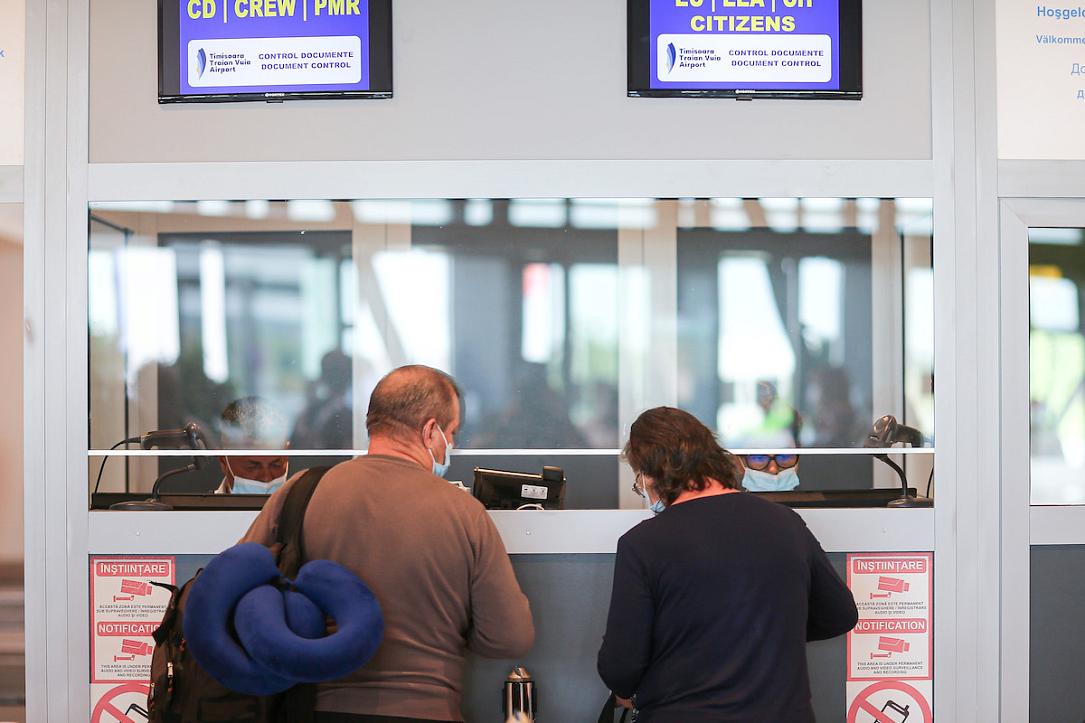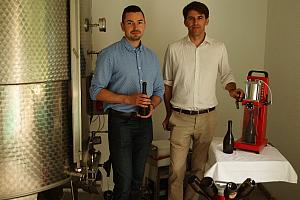COVID-19 travel: Entry regulations & national restrictions in Romania

Are you planning to start the year with a trip to Romania? We’ve compiled a short guide to help you stay updated with the country’s entry & quarantine rules and national restrictions.
-
Rules for entering Romania - required documents and quarantine regulations
Starting December 20, 2021, all persons entering Romania must complete the Passenger Locator Form (PLF). You have to fill it in online (at plf.gov.ro) in the 24 hours before entering Romania or within 24 hours of crossing the border. Further details here.
Further entry requirements vary depending on the country you’re coming from. There’s a list of risk areas published weekly (usually on Fridays), which classifies countries as red, yellow or green, depending on their COVID-19 situation. The updated lists can be found here.
Rules for travellers coming from EU Member States + Norway, Iceland, Lichtenstein, and Switzerland:
Those arriving from green or yellow countries don’t have to quarantine if they have a Digital COVID Certificate showing that they were vaccinated or have recovered from COVID-19 (in the past six months). However, a 14-day quarantine applies to travellers who don’t show proof of vaccination, recovery from COVID-19 (within the past six months) or a negative RT-PCR test (made 72 hours before). Those finding themselves in this situation can quarantine at home, at a declared address, or in a specially arranged space.
Travellers arriving from red areas are exempted from the quarantine requirement if they show proof of vaccination or recovery from COVID-19 infection. A 10-day quarantine is imposed for those who can’t provide any of these documents but have a negative RT-PCR test (made 72 hours before). The quarantine period increases to 14 days for those who can’t show any of the required documents and don’t have a negative test either.
Rules for travellers coming from outside the EU, Norway, Iceland, Liechtenstein, Switzerland:
Travellers will not be quarantined if they were vaccinated or have recovered from COVID-19 and have a negative RT-PCR test (made 48 hours before travelling). Those who can’t show a negative test will be quarantined for 10 days.
A 10-day quarantine is also imposed on travellers who can’t show proof of vaccination or recovery from infection but have a negative RT-PCR test (made 48 hours before). A 14-day quarantine is imposed on those who don’t show any of the required documents and don’t have a negative test either.
Other exemptions from the quarantine requirement include children younger than 12; children between 12 and 16 years of age who present a negative RT-PCR test, regardless of the state they come from; travellers who can’t show proof of vaccination or recovery from COVID-19 but stay for less than 3 days in Romania and have a negative RT-PCR test; or travellers in transit (less than 24 hours).
Individuals from countries whose authorities do not issue the EU Digital COVID Certificate or documents compatible with such certificates shall provide other documents issued by the respective state showing proof of vaccination, testing or recovery from COVID-19.
Special Omicron rules: Amid growing concerns over the Omicron variant, the Romanian authorities decided that all Romanian citizens, EU citizens, citizens of the European Economic Area or the Swiss Confederation arriving in Romania from Botswana, Eswatini, Lesotho, Mozambique, Namibia, South Africa and Zimbabwe have to quarantine for 14 days. At the same time, other foreign travellers arriving from these counties are banned from entering Romania. Read more about it here.
Important: The rules listed above are valid until January 8, 2022, and can be changed or reviewed after this date. Travellers can check the most recent decisions of the Romanian authorities on the Government’s website - here, the national platform for emergency preparedness - here, or the official platform on COVID-19 information - here. To plan your travel, you can also check the Re-open EU platform - data for Romania is available here.
-
Restrictions in Romania
The Romanian authorities decided to ease some of the general restrictions just before the winter holidays. As such, there are no more movement restrictions in place and wearing a mask is no longer mandatory in open public spaces that are not crowded.
However, people are still required to wear masks in all closed public spaces, crowded open public spaces, public transport, workplaces, markets, or fairs. Exemptions include children younger than 5, those who are alone in the office, or those who play sports or do intense physical activities.
The green pass is required to access several locations such as shopping malls, restaurants, coffee shops, or public institutions. However, the green pass requirement doesn’t apply to grocery stores, pharmacies, gas stations or small non-food shops (up to 200 sqm).
The clubs and bars are closed, and private events such as weddings or baptisms are not allowed.
The complete list of restrictions is available here (in Romanian).
Important: The rules could change in the coming period as the Romanian authorities are considering tightening the restrictions ahead of the fifth wave of the pandemic.
newsroom@romania-insider.com
(Photo source: Inquam Photos/Virgil Simonescu)













